Consider the two classes:
class A {
var x: Int
init(x: Int) {
self.x = x
}
convenience init() {
self.init(x: 0)
}
}
class B: A {
init() {
super.init() // Error: Must call a designated initializer of the superclass 'A'
}
}
I don't see why this isn't allowed. Ultimately, each class's designated initializer is called with any values they need, so why do I need to repeat myself in B's init by specifying a default value for x again, when the convenience init in A will do just fine?
